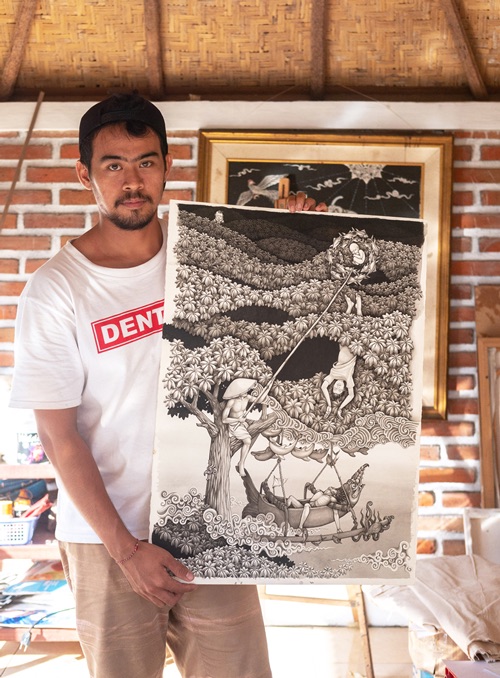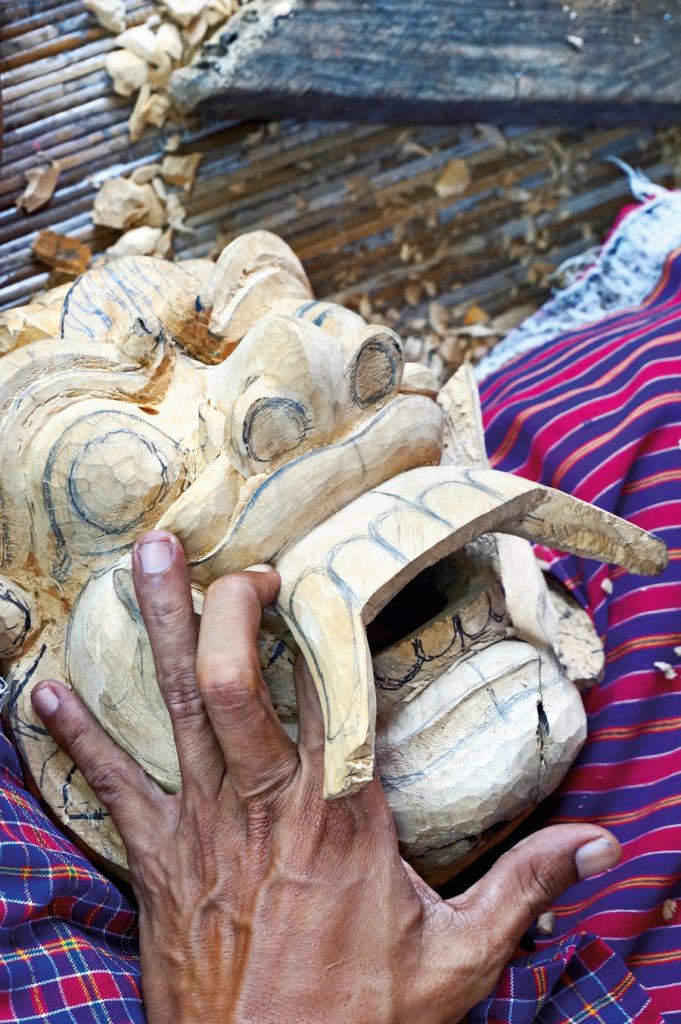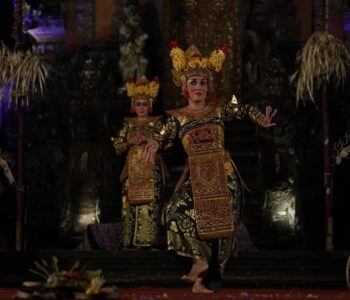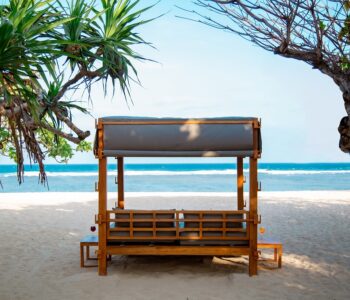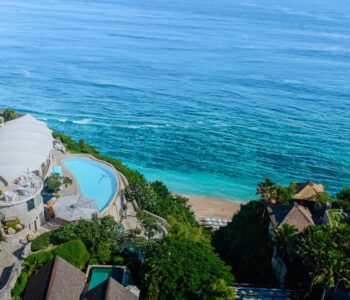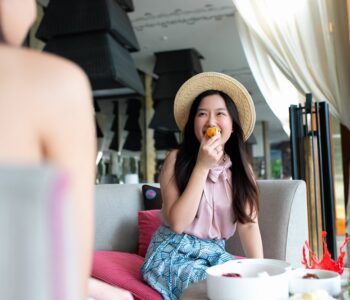Bali attracts intellectuals, artists, seekers and the inquisitive by the millions. Art, culture and the curiosity to experience an alternative culture initiated the island’s tourism industry over a century ago. 2020 was a benchmark in global social and cultural upheaval representing the dawning of a new age of personal and collective transformation.
The pandemic has forced people to reflect inward and ask questions, especially of capitalism’s sustainability. During 2020 the global popularity of art, education and learning surged—a valuable form of escapism, art functions to educate and nurture human development. The demand for qualified art therapists worldwide has dramatically risen to help alleviate stress, depression and various mental disorders. The pandemic has taught us that humanity increasingly wants and needs art.
Bali is a renowned environment for relaxation, creativity, and self-transformation that becomes more vital during the post-pandemic era. At the heart of Bali’s traditions and philosophies is the eternal cycle of birth, growth, decay and renewal. Art and culture improve the well-being of human lives. During this revolutionary period of societal change, Bali’s unique significance has increased.

Recent Tourism Trends
Since 2000 experiential tourism has thrived, while Ubud is recognised as the world’s leading spiritual and well-being destination. At the same time, the pandemic increases the potential of this tourism sector. Other growth sectors are M.I.C.E, Agrotourism, Ecotourism, International School Educational Vacations, Creative, Village, Adventure, Nature tourism. Bali has become a global centre for learning and human development. The rise in Bali national and international creatives is a new phenomenon empowered by the burgeoning 21st-century digital global creative economy. Denpasar is an evolving international design hub.
Looking Forward
The imminent global social, cultural and economic recalibration will present a period of confusion and rapid change. Innovative thinking is essential to navigating this era, especially within the Bali tourism sector. Forms of social behaviour and employment will become outmoded. The re-education of the many is vital in the rebuilding and nurturing of modern culture and economies.
How may Bali serve the international community during these uncertain times?
The Bali art, design and cultural tourism sector have enormous potential that is yet to be fully appreciated. Opportunities to capitalise upon the growing demand for creative experiential learning await. Strategic planning by the stakeholders can strengthen this flourishing new sector when international tourists again embrace Bali.
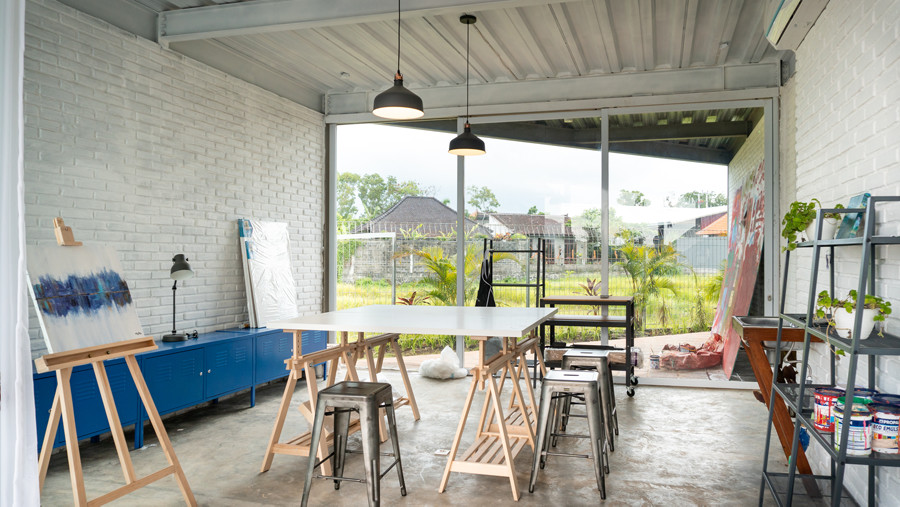
Reinventing Tourism
The rebranding and reconfiguration of the Bali tourism industry from Desa Wisata to Desa Kreatif (tourism village to creative village) is essential. Tourism products shift from vacation leisure activities to learning and innovation experiences up-skilling people as entrepreneurs within the 21st-century global creative economy.
Demographics have changed from the leisure-focused baby boomers to the X, Y, Z, and millennial generations who tend to be orientated towards creative and entrepreneurial adventures. The market evolves from internationals to a mixed domestic and international audience. The emphasis changes from ‘trading’ to instilling innovative and entrepreneurial knowledge.
Regenerative Travel, the new paradigm of tourism, accentuates the host country’s well-being, considering nature, human health and community identities. The vision revives responsible living practices, restoring wholeness to living systems to benefit future generations. The Future of Tourism Organisation, a new coalition of six NGOs and the pioneers of tourism change, urge worldwide commitment to thirteen guiding principles. Tourism stakeholders must contribute more to the environment and community than they take from them.
2020 was a year of awakening, with the growing understanding that a transformation of mindset and thinking is required. The old paradigm is crumbling. What can be imagined and the systems we built around this is changing. The possibility of something new emerging and what it looks like is a new personal and collective narrative. We must move away from a scarcity mindset – with its limited assessment of human and natural potential – to one of abundance, which allows for increased trust in the collective. This perception will impact upon all aspects of our lives, opening us to our full potential to love, share, create and collaborate. The abundance principle will inspire our sense of purpose, bringing significant meaning to our experience.
The rebranding of tourism transforms Bali into a global centre of innovation and learning. Desa Kreatif preserves the ‘gotong-royong’ village model of shared collective responsibilities. The environment is a decentralised, fully distributed, unified infrastructure providing equal opportunity and enhanced diversification. A sustainable ecosystem eliminates competition, empowered by the abundance philosophy and the entrepreneurial spirit. A renewed sense of shared values and belonging motivates stakeholders to collaborate to serve the whole’s best interests.
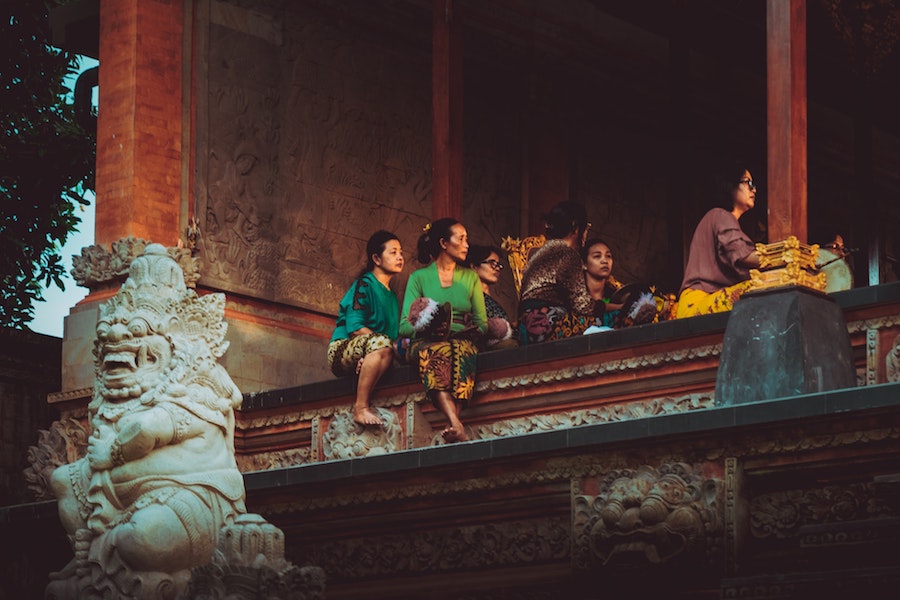
Cultural aspects enriching the body, mind and spirit through the learning of creative techniques, sacred narratives and the philosophical wisdom are the entrepreneurial focus. The family compound, Sanggars and Banjar bales become centres of learning. P2P (peer-to-peer) digital applications enhance the dynamism of the local economy connecting and informing stakeholders. Family enterprises within the visual arts, culinary, literature, agriculture, textiles, medicine, spirituality and more fulfil the demand.
On the macro-level, large resorts will shift their business models from selling rooms to enriching experiences. They become hubs of excellence focussing upon an aspect of the culture, education and entrepreneurship. Targeted investment develops infrastructure, technology and branding.
An exciting inclusive future with a collective vision of prosperity is achievable. 2021 is the perfect fertile time for action prior to the reopening of international tourism. The process begins with courageous rethinking and reorganisation to ignite our vast potential. Enormous opportunity with shared benefits await us and the future generations.
Written by Richard Horstman, Bali art expert, at lifeasartasia.art and on Instagram @lifeasartartasia.

